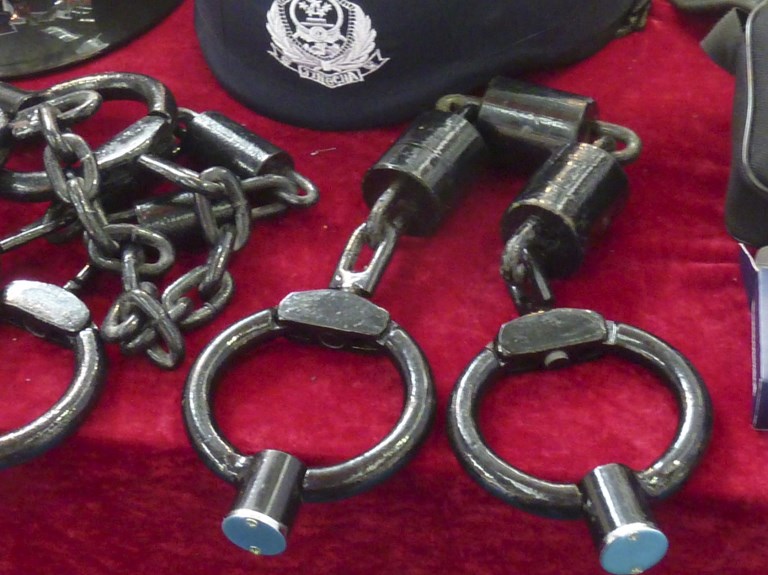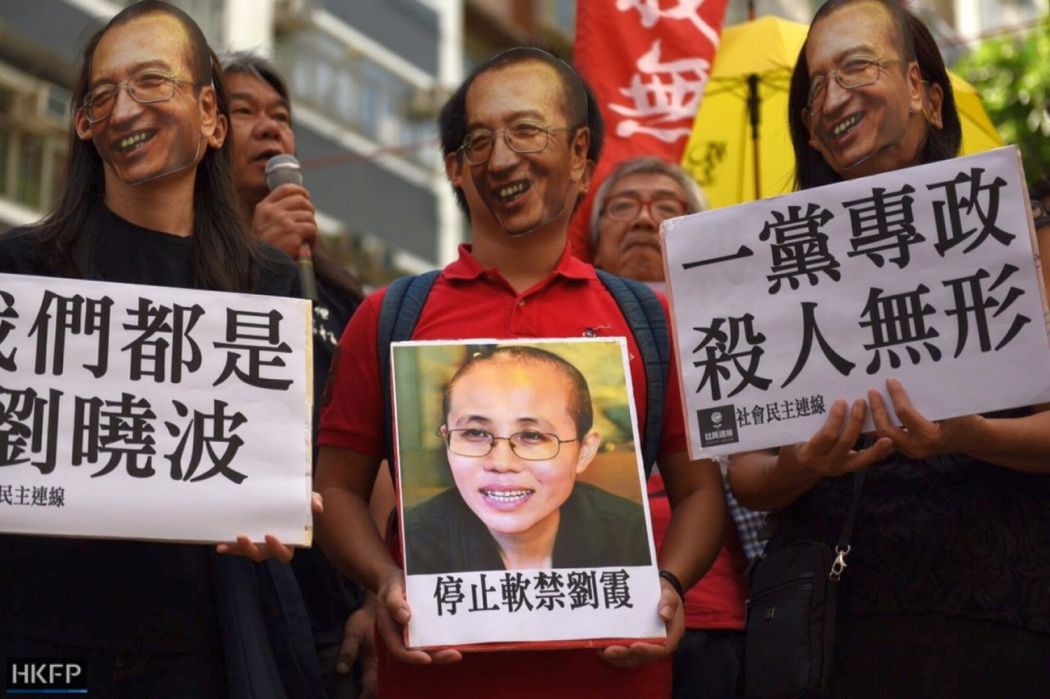Chinese police and prosecutors are banned from using torture to obtain evidence under rules released Tuesday, in the latest attempt to curb forced confessions in the country’s criminal justice system.
Confessions obtained through torture, threats and illegal detention are inadmissable in court, the Supreme Court said on its website.
The aim is to “accurately punish the crime” and thereby protect human rights and avoid miscarriages of justice, it said, according to the transcript of a news conference also hosted by the Supreme People’s Procuratorate, Ministry of Public Security, Ministry of State Security and Ministry of Justice.

Chinese courts have a near-perfect conviction rate of 99.92 percent.
Human rights groups have long voiced concerns over wrongful verdicts owing to heavy reliance on forced confessions and a lack of effective defence in criminal trials.
While Chinese leaders have previously attempted to stamp out torture, rights groups say it remains a deep-rooted practice.
An example of a miscarriage of justice that came to light recently involved Nie Shubin, who was convicted of rape and murder in 1995 and executed by firing squad.
The Supreme People’s Court overturned the original sentence last year after finding “there are doubts over the truth and legality of his confession of guilt”.

The latest announcement comes amid fresh criticism of China’s justice system after jailed Nobel laureate Liu Xiaobo was given medical parole so he could receive treatment for terminal liver cancer.
Supporters have questioned why authorities waited until the democracy campaigner had developed late-stage cancer before transferring him to a hospital.
China is often criticised for its harsh treatment of activists and dissidents. Since President Xi Jinping took power in 2012 the controls on civil society have tightened.
Campaigners say it is impossible to know the exact number of lawyers and activists in detention because many are held incommunicado with no access to legal advice or their families.
